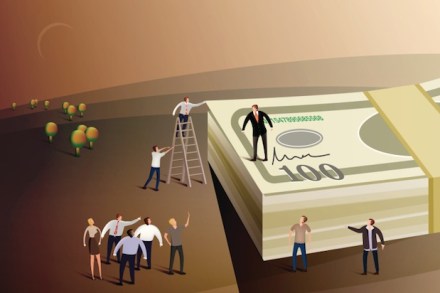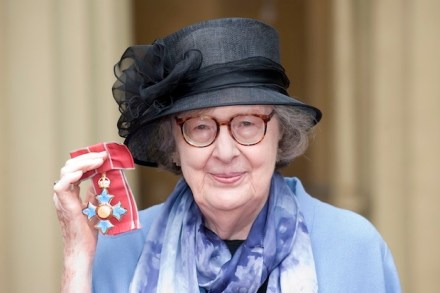Britain’s demographic timebomb (and how to profit from it)
Demography is destiny, they say, and if that’s the case then Britain’s future looks wrinkled and grey. Today, one in six Brits is over 65. By 2050, on current trends, it will be one in four. There are now three million octogenarians living here, a figure that is expected to double by 2030 and reach eight million by 2050. Retirement? Sorry, dears. The government will have to keep pushing back the state pension age, so many of us should expect to carry on working until senility or death intervenes. It’s grim stuff. But here’s the good news: geriatric Britain presents a huge investment opportunity. It’s hard to think of a







